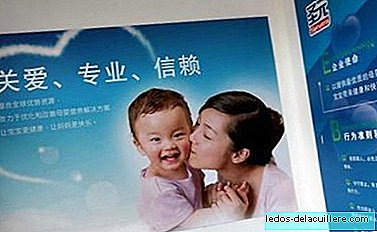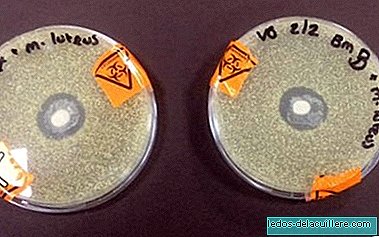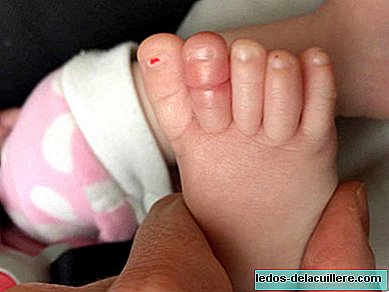
I found a really satisfactory news, and completely understandable if we consider the terrible problem that occurred in China because of the commercialization of adulterated milk for babies. This country is studying banning the advertising of artificial milk for children under six months, a measure that does exist in most Western countries and that has made me ask myself whether it would be favorable to increase the ban on advertising on artificial milk also for products for more than six months or if it would be counterproductive and limiting freedoms.
It seems that in China this advertising was allowed and was accompanied by aggressive campaigns by companies, which conveyed the idea that it was best for children to provide artificial milk, having doubled its sale in the last four years.
That is, where the legislation is not strict or insufficient controls, the sale of artificial milk increases with hard-fought campaigns, perhaps, in certain cases, with ethics and truthfulness.
In Spain and the countries around us Advertising of artificial milk for children under six months is prohibited, and thereafter, it is mandatory to add a comment that breast milk is better. There are organizations such as IBFAN that collect violations of the Code of Breast Milk Substitutes to press for strict compliance and explain how we can detect a violation of these regulations.
There are initiatives that requested years ago that the ban on advertising be total in terms of products such as artificial milk or tobacco, which are related to health problems and for which they considered that the current advertising limitation is not enough.
However I think this measure, could be considered offensive or harm the families that use it, by implying that they provide their children with a dangerous product, and, although there are many data that indicate that artificial milk increases the prevalence of certain health problems, the measure would possibly be inconvenient or unpopular, if presented from that aggressive approach. In principle it seems to me a suitable idea but with many reluctance. Any non-breastfeeding mother would feel attacked, although, on the other hand, limiting advertising with more empathetic arguments could be beneficial in improving breastfeeding rates. But, in the end, those who decide are the mothers and should do so freely, provided they have adequate information.
A year ago we raised the question of whether it would be convenient to consider artificial milk a medicine, a subject that aroused much interest and opinions found. On this occasion I raise the issue of advertising and I would like to know if you consider that the Code of Substitutes of Breast Milk is sufficient, if it is correctly complied with and if you think it would be better, perhaps, to toughen the marketing policy of this product or up ban advertising. And, deep down, I invite you to reflect on whether it would really serve to increase breastfeeding rates. I hope the debate is enriching for all of us.











